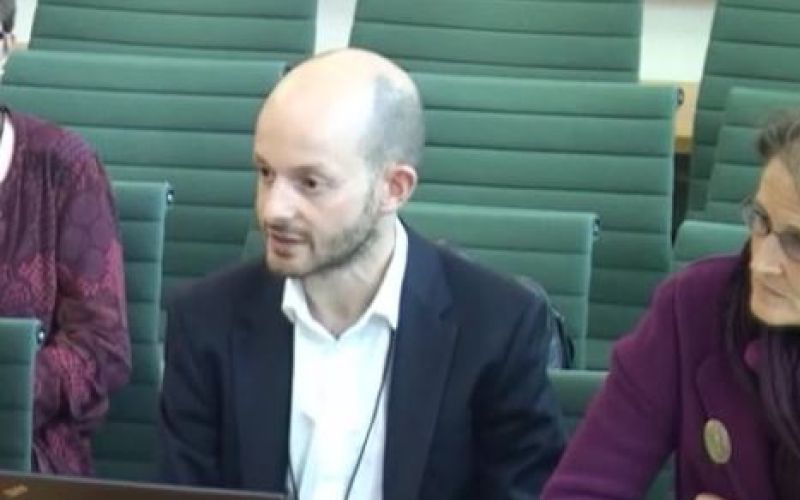A trio of experts have destroyed government claims that cutting out-of-work benefits for disabled people will help them find work.
They were giving evidence to the Commons work and pensions select committee, as part of its inquiry into the government’s pledge to halve the disability employment gap (the difference between the employment rates of disabled and non-disabled people).
Neil Coyle, a Labour MP and a former director of Disability Rights UK, had asked the panel of experts if they agreed with the government that cutting nearly £30-a-week from new claimants placed in the work-related activity group (WRAG) of employment and support allowance (ESA) would help cut the employment gap.
David Finch, a senior economic analyst with the Resolution Foundation think-tank, who previously spent eight years at the Department for Work and Pensions, said: “We don’t think it’s going to make any particular difference to people’s incentive to look for work or not.
“In face, we think there’s evidence to suggest that, with disabled people, the cost of work search or work preparation is actually more expensive… so in fact it could have the opposite effect and people will spend more time worrying about not having enough income and less time doing the types of activity they are trying to promote them to do.”
Ben Baumberg Geiger (pictured giving evidence), a senior lecturer in sociology and social policy at the University of Kent and co-author of an influential report that called for the “toxic” work capability assessment to be scrapped, said the parliamentary debates on the ESA cut – due to be introduced next April – had suggested that people in the WRAG were “not that severely disabled”, when in fact there were many people who did have significant long-term impairments and would “suffer financially considerably” from the cut.
He said he thought the cut would put an “immense strain” on the work capability assessment – which tests eligibility for ESA – which did not measure how far people were from the labour market but was “just a very crude assessment”.
He said the cut would incentivise claimants to try to get into the support group, which if they were successful would leave them with “very little engagement in getting back to work”, and so would be “definitely harmful” to government efforts to halve the employment gap.
A third expert, George Selvanera, director of strategy and external affairs at the Business Disability Forum, said he had yet to see any evidence that cutting disabled people’s income would “somehow increase their motivation and their skills to find work”.
He said: “What we do know is that it is not the fault of disabled people that the labour market fails disabled people.
“Somehow we are holding disabled people responsible for broader failures in the labour market, which just doesn’t seem fair.”
He added: “We know that [in] 2013-14 that 30 per cent of disabled people lived in absolute poverty in this country, so making them poorer, I’m not sure how that incentivises people to work.”
Meanwhile, the latest figures – according to a briefing note published by the House of Commons library – show that the disability employment gap has actually risen since the 2015 election.
In the first quarter of 2015, the gap was 32.7 percentage points, which rose to 34.5 percentage points by the third quarter of last year, before falling to 33.1 percentage points in the first quarter of 2016.
This is because the level and rate of employment for both disabled and non-disabled people have been increasing since 2013.
In the first quarter of 2016, there were 3.33 million disabled people in jobs, an increase of 365,000 compared to the same period in 2014 (a rise of 12 per cent).

 Call for public inquiry into deaths after coroner rules suicide was ‘triggered’ by DWP
Call for public inquiry into deaths after coroner rules suicide was ‘triggered’ by DWP DWP helped cause mental distress of poverty-stricken benefit claimant who took her own life, says coroner
DWP helped cause mental distress of poverty-stricken benefit claimant who took her own life, says coroner Cover-up allows DWP and other public bodies to avoid detailed probe into disabled woman’s death
Cover-up allows DWP and other public bodies to avoid detailed probe into disabled woman’s death